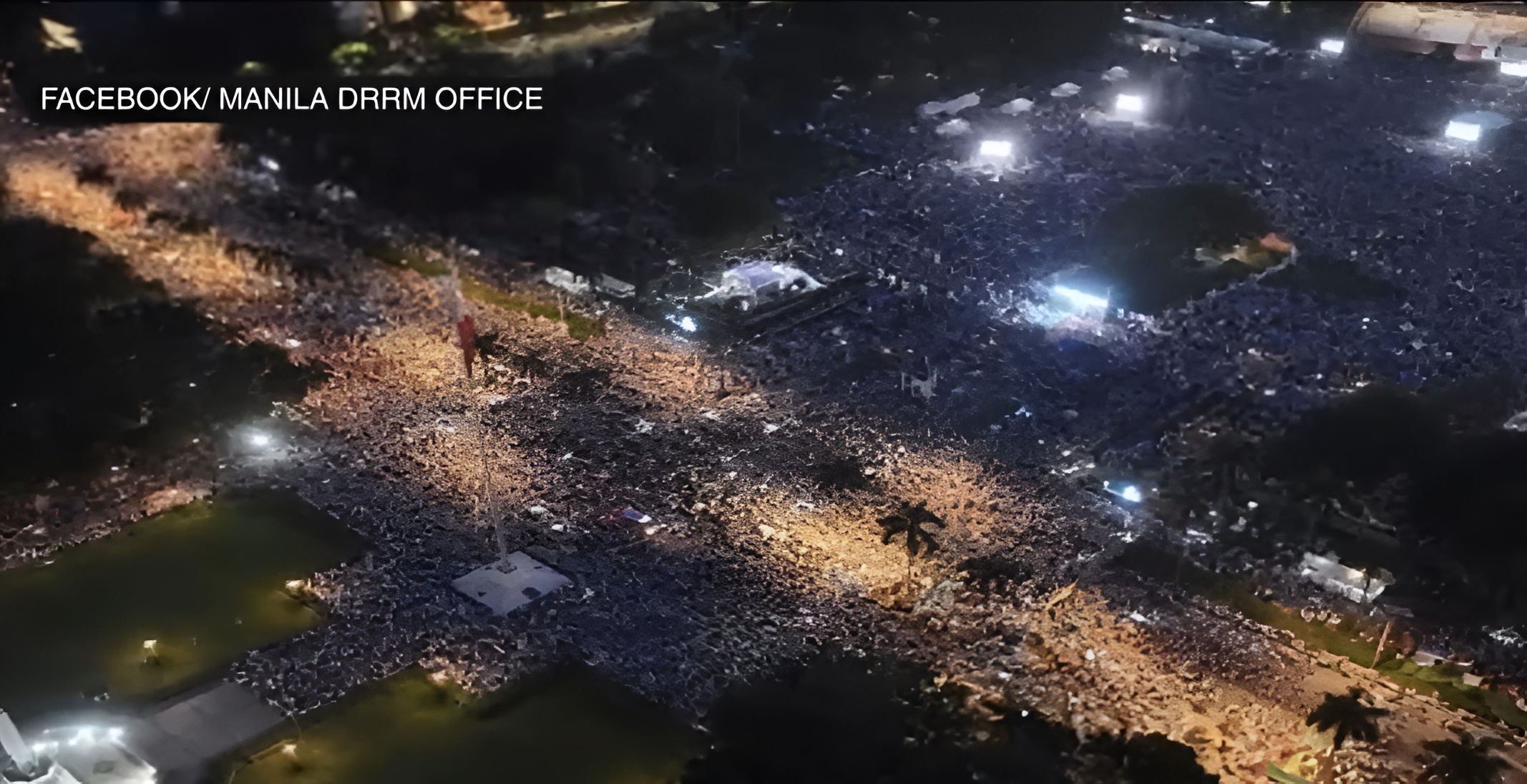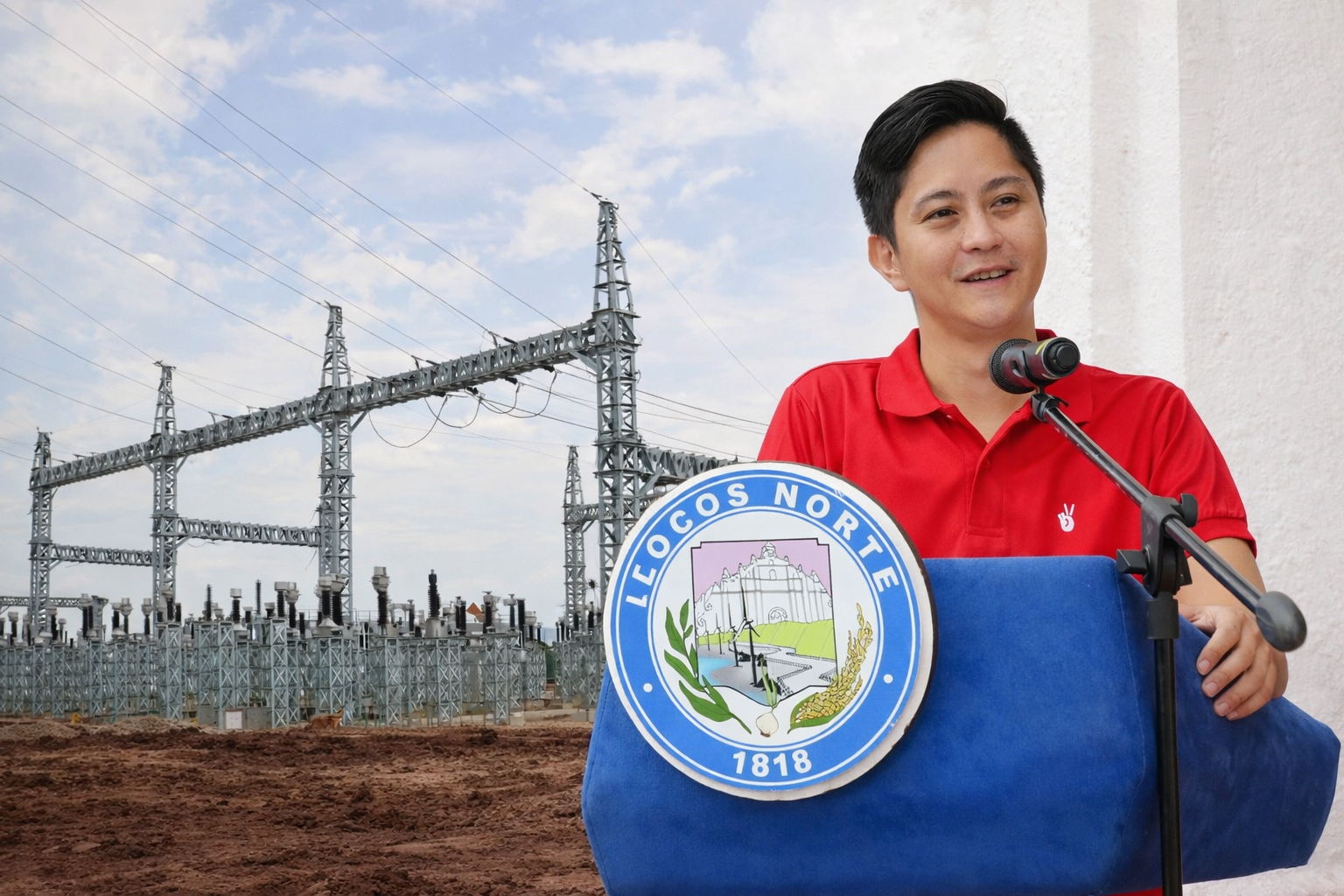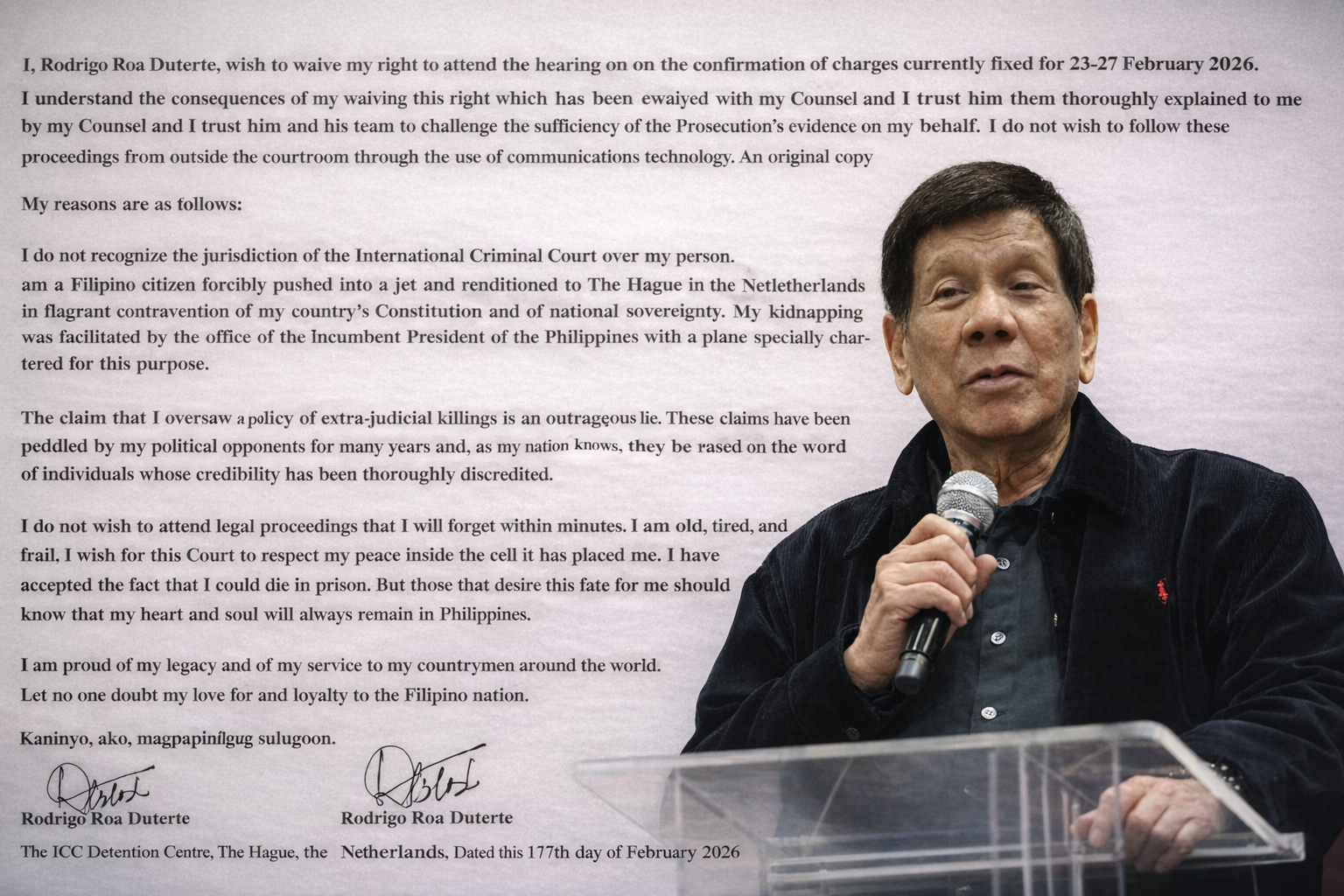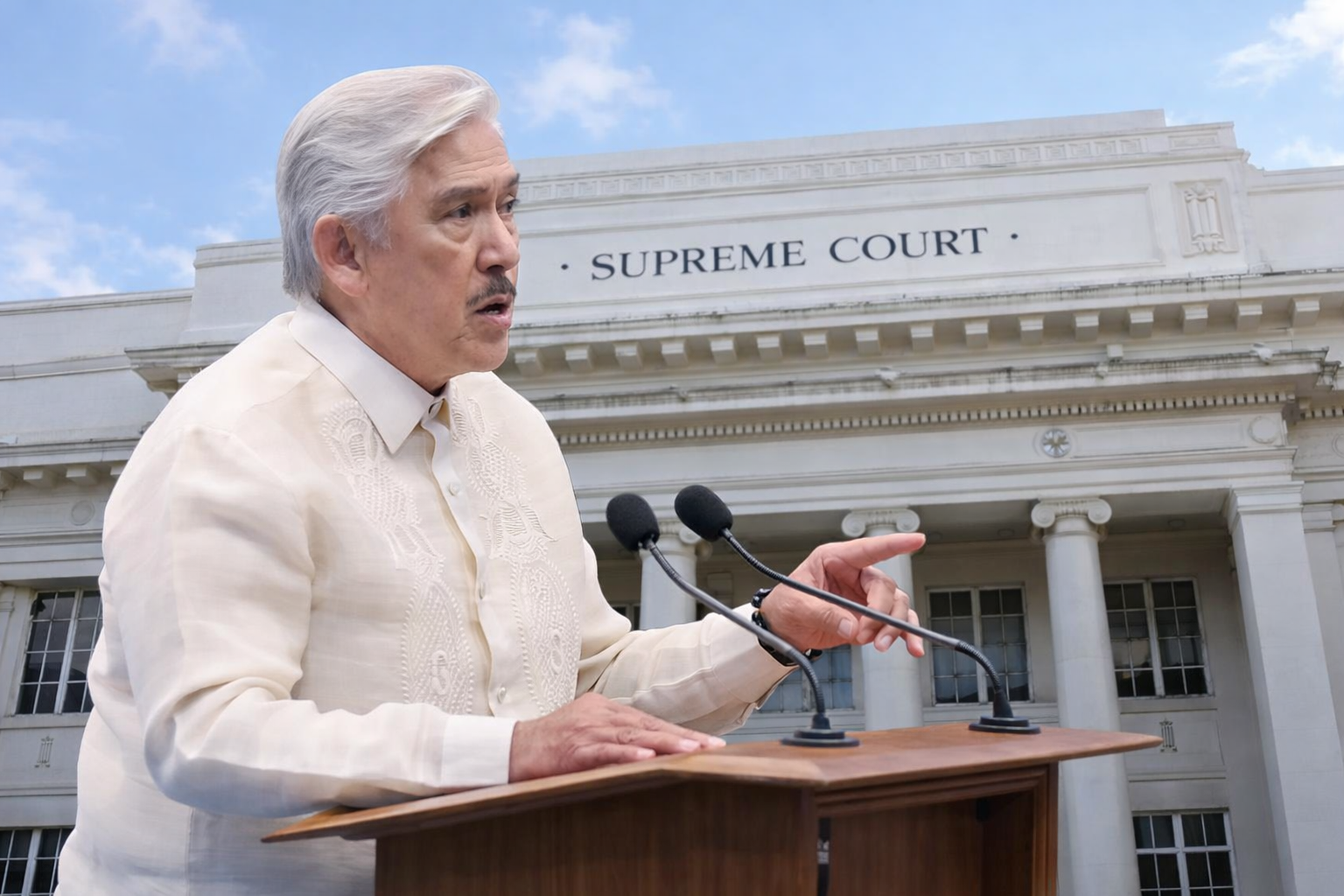The Philippines has mastered anger—but not the architecture of accountability. Until our outrage matures into a coordinated force, corruption will always outmaneuver the crowd.
Mass rallies have long served as the nation’s emotional outlet—a place where fury, disappointment, and collective grief can explode into chants and placards. We gather, we march, we cry out for justice. But after all the noise, all the slogans, all the breathless moments of unity under the sun or rain, the question remains painfully unresolved: What have we truly gained?
We have become a country fluent in outrage. Anger flows freely on social media, in community conversations, and on the streets. Every rally becomes a grand stage where the public’s frustration is laid bare. And yet, despite these powerful expressions, has the president shifted even a single inch from his seat? Has the machinery of power stalled, even momentarily?
The honest answer is difficult to swallow: not yet.
And it is not because the people have been silent—it is because power has learned how to absorb noise without consequence.
Every new revelation of corruption—whether from insiders, whistleblowers, or former allies—should have been enough to trigger reforms, investigations, or resignations. Instead, what the public witnesses is a highly synchronized response: an army of political defenders rushing to sanitize, distort, or invalidate the truth. Allegations are reframed as misunderstandings. Testimonies are dismissed as politically motivated. Facts are drowned beneath layers of scripted denial.
What is even more infuriating is the growing suspicion that public funds are being weaponized to maintain these illusions. The machinery that protects the powerful appears better funded, better coordinated, and more relentless than the institutions meant to hold them accountable.
What could be more shameful for a nation striving for global respectability?
This is the heart of our national frustration:
Outrage is abundant. Accountability is scarce.
And this imbalance reveals a brutal truth—protest without strategy is merely catharsis. It soothes the soul but leaves the system untouched. It creates noise but not necessarily movement. And while the people roar, corruption works quietly, efficiently, and unbothered.
If we want real change, rallies cannot remain our final action. They must become the first step in a longer, structured struggle.
A meaningful protest movement requires more than bodies on the streets; it demands direction, planning, and a pathway to consequences.
The following must become part of our national discipline:
• Documentation, not just declarations.
• Legal action, not just loud slogans.
• Institutional pressure, not only public pressure.
• Whistleblower protection, not abandonment.
• Consistent truth-telling, not momentary viral outrage.
The streets have power—but that power decays quickly without follow-through. The world has seen this countless times: emotional uprisings flame fast and die faster, while corruption—well-organized, well-paid, well-protected—moves with cold precision.
Before we march again, we must ask ourselves the questions that determine victory or failure:
Who files the case?
Who preserves the evidence?
Who sustains the narrative when the crowd disperses?
Who ensures that accountability does not wither under the government’s counter-messaging machine?
The Philippines is not lacking in courage. What it lacks is coordination. Not passion, but architecture. Not anger, but strategy.
So long as we remain a country brilliant at expressing rage but hesitant to transform that rage into structured action, the powerful will always have the upper hand. They will continue to manipulate, to mislead, to evade—confident that public outrage will fade long before justice begins.
If we truly want change, the next rally must not end at the barricade.
It must continue in the courts, in the oversight bodies, in the quiet work of documentation, in the relentless demands for truth.
Only then will the shouts of today become the reforms of tomorrow.
Only then will protest cease to be ritual—and start becoming revolution.





